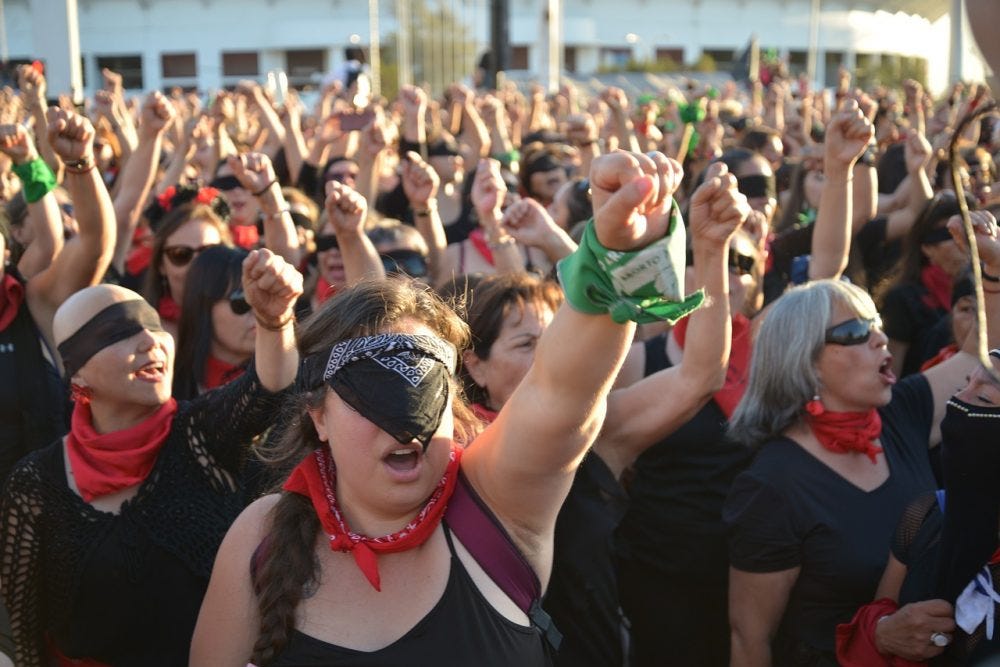In the years since the publication of the initial warning to fellow Christians regarding the cultural tide of sexual permissiveness and its clash with biblical truth, we've seen not just a continuation but an acceleration of these troubling trends. The sexual revolution, far from reaching its zenith despite how bad it seems already, has pushed into new territories, challenging Christians to respond with even greater resolve and clarity.
At the heart of this continued evolution is the normalization of "transgender" ideology—a movement that, only a decade ago, was on the fringe of the sexual revolution but has now taken center stage in the cultural discourse. This ideology, under the guise of compassion and personal identity affirmation, is designed to undermine the biblical understanding of humanity created in God's image, male and female. It has found fertile ground in our schools, corporations, and even legislatures, with laws being enacted that compel individuals to deny biological reality in favor of subjective personal identity.
Moreover, the digital age has introduced unprecedented challenges for Christian families striving to shield their children from such perverted and harmful ideologies. Social media platforms and streaming services are not merely content providers—they are outlets for ideologues aggressively promoting narratives that undermine conservative Christian values, especially regarding sexuality, marriage, and family. Even X (formerly Twitter), which was supposed to solve that problem with Elon Musk's purchase, still bans users for opposing such foolishness. It's algorithms are designed to captivate and indoctrinate, making it increasingly difficult for parents to monitor and counteract their influence.
The erosion of religious freedom has become a stark reality for Christians in many parts of the world, increasingly including the United States. Businesses owned by Christians, who refuse to compromise their convictions by participating in company-sponsored homosexual propaganda events, for example, repeatedly find themselves in the unemployment line and even in legal battles. These cases are a sobering reminder that the cost of discipleship may involve not just social ostracization but significant legal and financial hardship.
In response to these developments, some churches and Christian organizations have begun to mobilize more effectively. Legal defense funds, educational initiatives, and media platforms have been established to protect religious freedom, provide biblically faithful resources, and counteract misinformation. Yet, the need for individual Christians to be informed, engaged, and ready to act has never been greater.
And while thankfully some are waking up to all of this, the infiltration of critical theory and intersectionality into the church under the banner of social justice has further complicated the landscape. These vain ideologies, while ostensibly aimed at addressing "injustices" in our society, clearly conflict with biblical teachings on sin, redemption, and human identity. They have sown confusion and division within congregations, diverting focus from the gospel to endless debates over identity politics.
The emergence of Diversity, Equity, and Inclusion (DEI) initiatives, even within many Christian organizations and churches, represents a further entrenchment of these ideas. While they claim to promote a more inclusive and fair environment, DEI programs simply propagate the same critical theory and intersectionality frameworks, introducing yet another layer of discord and distraction from the church's core mission of preaching Christ crucified.



